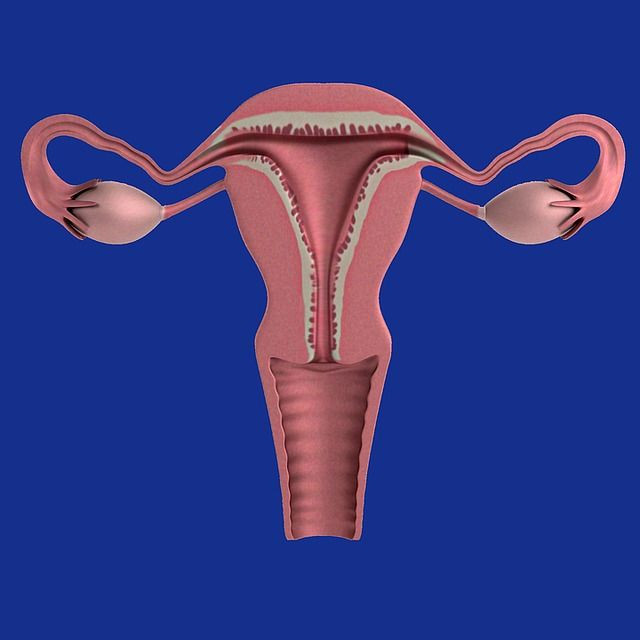7 Symptoms Of An Ovarian Cyst, Plus 4 Signs Of An Ovarian Cyst Rupture

Ovarian cysts are extremely common, and according to Healthline most women will develop a cyst on her ovaries at least once in her life. Although they are usually both painless and harmless, in some circumstances these cysts can cause extreme discomfort and may even be a harbinger of something far more dangerous. Here’s some of the signs of the presence of ovarian cysts, and the more rare rupturing of one.
Read: Ovarian Cancer Early Symptoms
Ovarian cysts are fluid filled sacs that grow on the ovaries. They are very natural and in most cases nothing to worry about. When fluid-filled cysts rupture, the fluid inside is simply reabsorbed into the body. In most cases, ovarian cysts are symptomless. However, according to Healthline, in cases where the cysts do cause symptoms, the most common ones are as follows:
- Abdominal bloating or swelling
- Painful bowel movements
- Pelvic pain before or during the menstrual cycle
- Painful intercourse
- Pain in the lower back or thighs
- Breast tenderness
- Nausea and vomiting
Sometimes these fluid-filled cysts can rupture during sex, which may be painful but according to Self is nothing to worry about too much. In other cases, the cysts are filled with blood. In the case of blood-filled cysts, called endometriomas, their rupture can cause significant ongoing internal bleeding, Self reported. Theses are the symptoms of a ruptured blood cyst:
- Serious pain
- Bleeding outside of your period
- Bloating
- Nausea
If you experience any of these more serious symptoms, it is important to seek medical treatment. This is because, if left untreated, the bleeding can increase your risk of infection and even be life-threatening.
In addition, according to Cancer Treatment Centers of America, postmenopausal women with ovarian cysts have a higher risk of cancer. Usually, doctors can feel the presence of a cancerous ovarian cyst during a routine gynecological examination.
See Also:
Ovarian Cancer Risk Nearly Doubles In Women Who Douche
These Two Pills May Treat Ovarian Cancer Better Than Chemotherapy



























